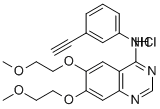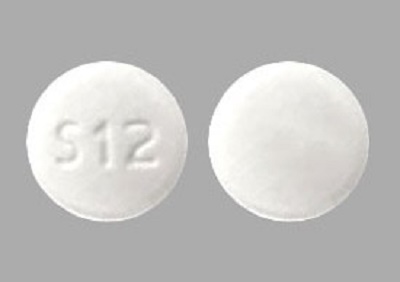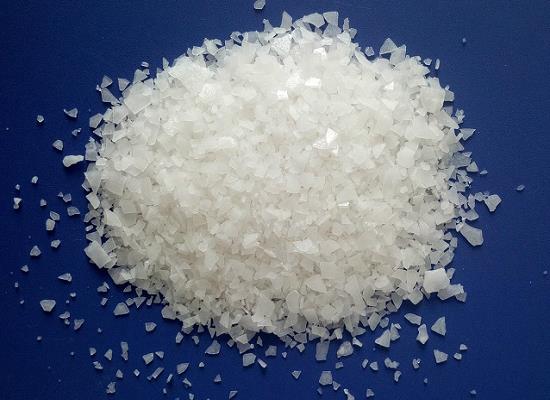Erlotinib Hydrochloride: Basis of Discovery, Drug Properties and Indications
Erlotinib Hydrochloride monotherapy is indicated for the maintenance treatment of patients with locally advanced or metastatic non-small cell lung cancer whose disease has not progressed after four cycles of platinum-based first-line chemotherapy.
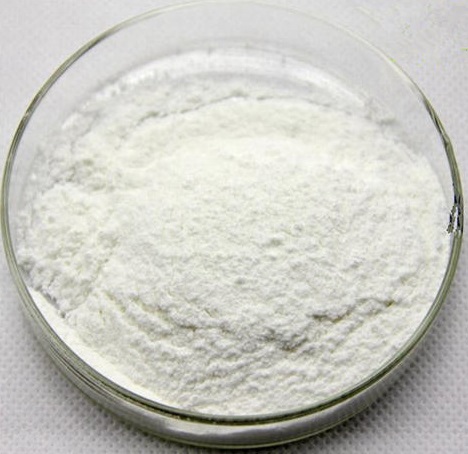
Drug Properties
Erlotinib hydrochloride is a reversible, potent EGFR tyrosine kinase inhibitor (IC50 = 2 nM); it reduces EGFR autophosphorylation in intact tumor cells (IC50 = 20 nM). Erlotinib is selective for cell lines showing PC-9 and H3255 mutations (IC50 values are 7 and 12 nM, respectively, sparing wild-type and T790 mutant EGFR. Erlotinib shows antiproliferative effects in cancer cell lines in vitro and promotes differentiation of urothelial organoids.
Indications
Erlotinib hydrochloride is approved to be used alone or with other drugs to treat: Non-small cell lung cancer (NSCLC) that is metastatic and has certain EGFR gene mutations. It may be used: As the first therapy. In patients on maintenance therapy or whose disease has gotten worse after treatment with chemotherapy. The use of erlotinib hydrochloride to treat NSCLC that does not have the EGFR gene mutations is no longer FDA-approved. Pancreatic cancer. It is used with gemcitabine hydrochloride in patients whose cancer cannot be removed by surgery or has spread. Erlotinib hydrochloride is also being studied in the treatment of other types of cancer.
Adverse reactions
The most common adverse reactions (>20%) in maintenance treatment are rash-like events and diarrhea. The most common adverse reactions (>20%) in 2nd line NSCLC are rash, diarrhea, anorexia, fatigue, dyspnea, cough, nausea, infection and vomiting. The most common adverse reactions (>20%) in pancreatic cancer are fatigue, rash, nausea, anorexia, diarrhea, abdominal pain, vomiting, weight decrease, infection, edema, pyrexia, constipation, bone pain, dyspnea, stomatitis and myalgia.
Related articles And Qustion
Lastest Price from Erlotinib hydrochloride manufacturers

US $0.00/Kg/Bag2025-04-21
- CAS:
- 183319-69-9
- Min. Order:
- 1KG
- Purity:
- 99%min
- Supply Ability:
- 100KGS
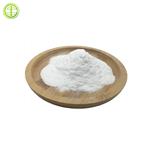
US $0.00-0.00/kg2025-04-21
- CAS:
- 183319-69-9
- Min. Order:
- 1kg
- Purity:
- 99%
- Supply Ability:
- 20tons
